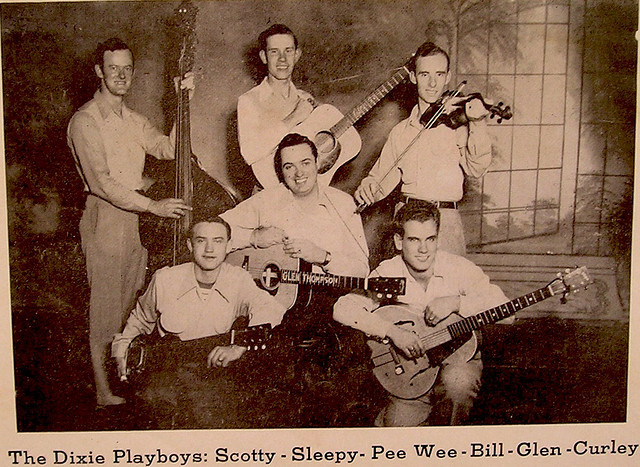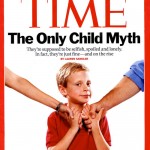Every Monday in Citizenship Confusion, Alan Noble discusses how we confuse our heavenly citizenship with citizenship to the state, culture, and the world.
A year or so ago, one of our regular commenters posted an article that caused me to seriously question how I thought about war and our nation. While I have never been a warmonger (at least, not in my adult life), I suppose I had always felt that when America enters a conflict, Christians should pray for the safety of our troops and a quick victory. It was not until I read Seth’s article that I realized that I rarely considered praying for peace. Seth writes:
It’s not an easy thing, though people make sound as if it were with flip reminders to Pray for Our Troops! What does this mean for me as a citizen of two kingdoms—one of which is eternal and good, the other being oh-so-temporary and not all that good? How should I pray for “our” troops. Safety? Victory? The punishment of evil?
After I read this fascinating and challenging post, it struck me that for most of my life I have felt a bit uncomfortable with the concept of “peace.”
It was not that I wanted America to be at war; rather, I suspect I had picked up a bit of nationalism from my time in fairly conservative churches and allowed it to frame the way I viewed warfare, so that my primary desire was for America to “win,” to beat the “bad guys.”
(On a side note, I was fascinated to hear American soldiers refer to Afghan fighters as “bad guys” in the painful, but powerful war documentary, Restrepo. It caused me to wonder what this playground-terminology might say about the way soldiers and citizens conceive of our national “enemies.”)
I think what bothered me about the idea of praying for peace was that it felt like giving up, like I would be betraying my country or failing to support our military. It also certainly did not help that I considered “peace” a liberal, not a Christian, conservative virtue. After reading Seth’s article and evaluating why I felt so uncomfortable with the idea of peace, I was convicted that I had let my status as an American citizen who lives in a fairly conservative culture define how I viewed war, and therefore how I prayed for soldiers. These feelings of discomfort were not the results of conscious, rational beliefs in the sacredness of our country or the rightness of our fight; I was uncomfortable with peace because it felt wrong in my gut. But once I submitted these feelings to Christ and considered what my heavenly citizenship demanded of me, I quickly saw that my responsibility was to always pray for peace.
I strongly encourage you to read Seth’s article, The Problem with Praying for Soldiers and to consider what it means to pray for our soldiers.















